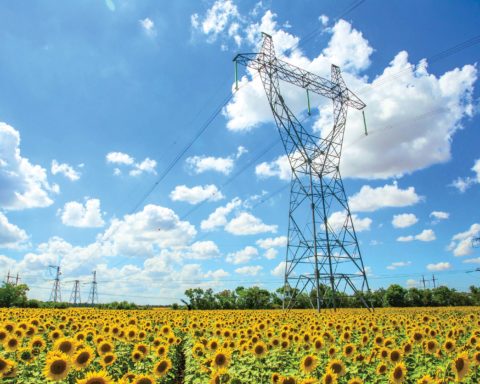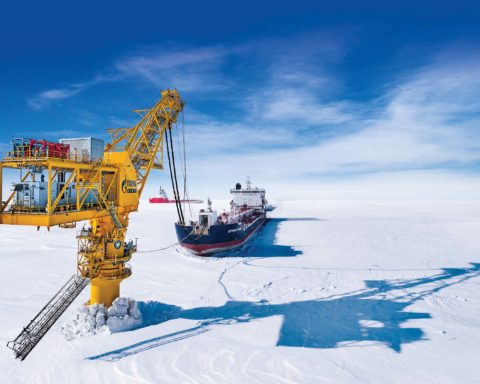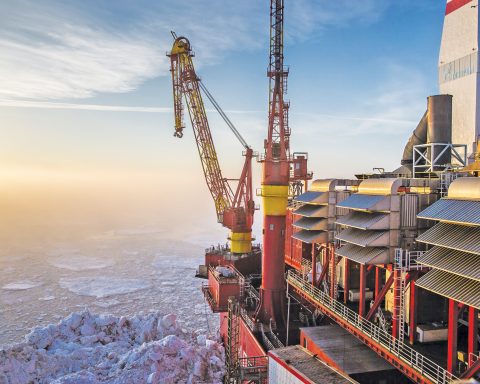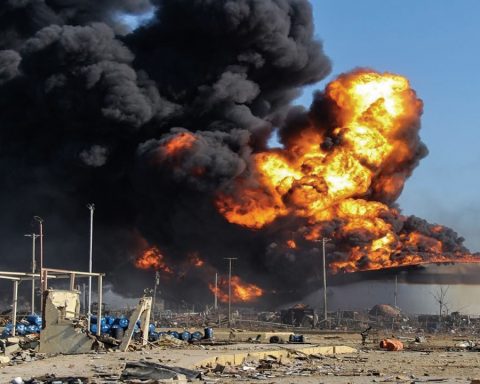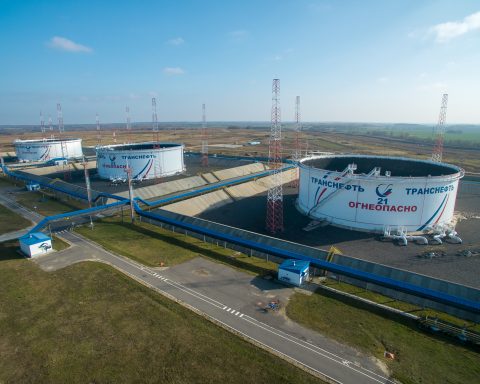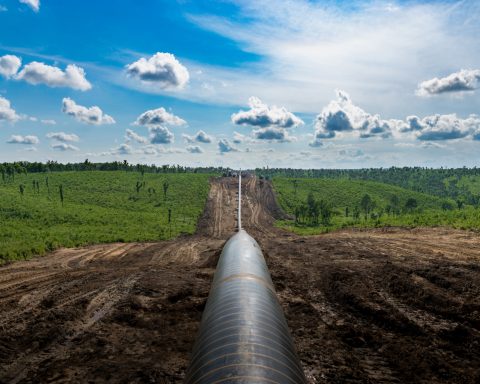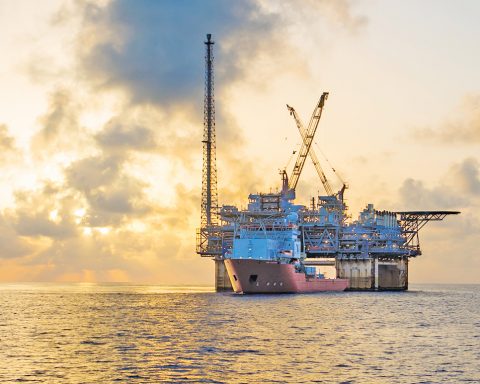
in the contemporary world, the trends for extension of the alternative energy sources get significant widespread use. In this segment, the hydrogen plays the most important part. As an energy carrier, this chemical element has been known to the world for more than one and a half centuries. However, its specific physical and chemical properties and its high-cost production did not allow the hydrogen for gaining wide use in the fuel and energy complex industries. Due to the global economy focus on decarbonization growing influence on the development of the international power markets, the world community strives for progressive transition to using low-carbon and carbon-free energy sources. And it is the hydrogen, as an environmentally clean fuel, cam play one of the crucial roles in gaining the carbon neutrality. Thus, today the hydrogen energetics gets the second chance for its accelerated development . Based on the available competitive advantages, the
More
The climate agenda and the desire to maximize decarbonisation of the global economy are becoming more widespread in many countries of the world. To a large extent, this trend has also affected the energy complex, where in recent years there has been an increase in investments in the development of the FEC alternative branches. Russia has traditionally been the world
Moreelectricity
more »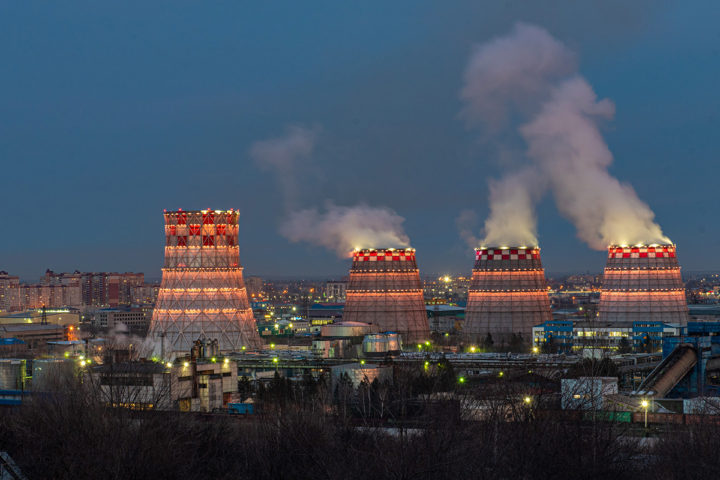
This paper describes a methodological approach to assessing how restrictions on greenhouse gas emissions affect the innovative development of TPPs. The proposed methodological approach is based on the country’s FEC dynamic optimization territorial production model (in terms of macroregions). The list of problems solved in the block of electricity and heating industries of the FEC model is given. The results of assessing the effect of restrictions on СО2 emissions from thermal power
More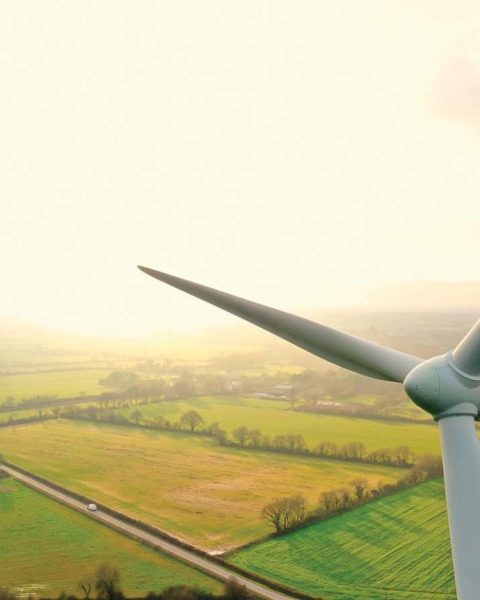
The concept of "energy transition" is now firmly entrenched in our lives. Its influence on the further development of the fuel and energy complex and the world economy as a whole can be heard more and more often from the high rostrum. What is its key feature? Is the energy transition really inevitable? Is Russia ready for it? The article
MoreOil
more »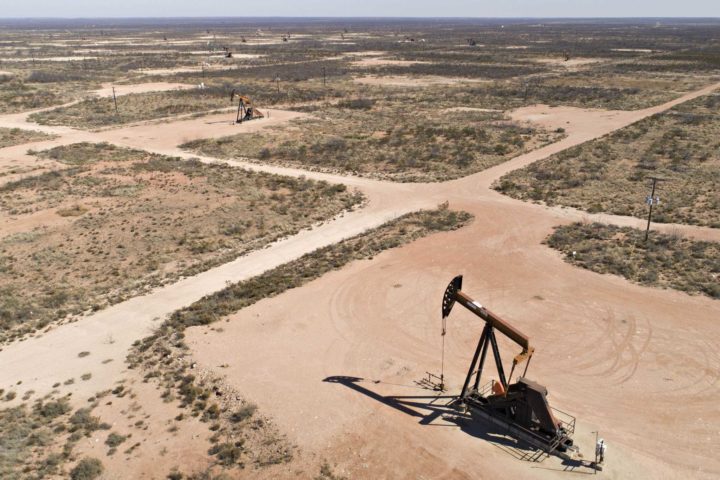
The article provides an overview of the resources of nconventional hydrocarbons. In the total volume of oil-containing resources, the share of unconventional types of oil resources reaches 90 % and amounts to 1.7–1.8 trillion tons. Implementation of unconventional hydrocarbon resources (natural bitumens, oil shales) in industrial production requires solving technical problems both in their extraction as well as in the processing of extracted materials into liquid hydrocarbons (synthetic oil). Under current market conditions these types of hydrocarbon resources are of limited importance for the world economy. Further development and use of unconventional hydrocarbon resources requires reliable geological data on the amount of available reserves and their physical and chemical properties. The development of technologies for producing hydrogen from unconventional hydrocarbon resources and hydroconversion of this feedstocks into synthetic oil, motor fuels, and raw materials for petrochemicals is promising
MoreThe publication reviews the existing and prospective technologies of marking crude oil and crude oil products and their efficacy and economic feasibility.
MoreIn June 2021, the joint venture (JV) Vietsovpetro celebrates its 40th‑ anniversary. The enterprise was established in 1981 within the framework of
MoreOver 40 years of Vietsovpetro’s activity, the main event, of course, is the very creation of this Joint Venture, which is now
MoreGas
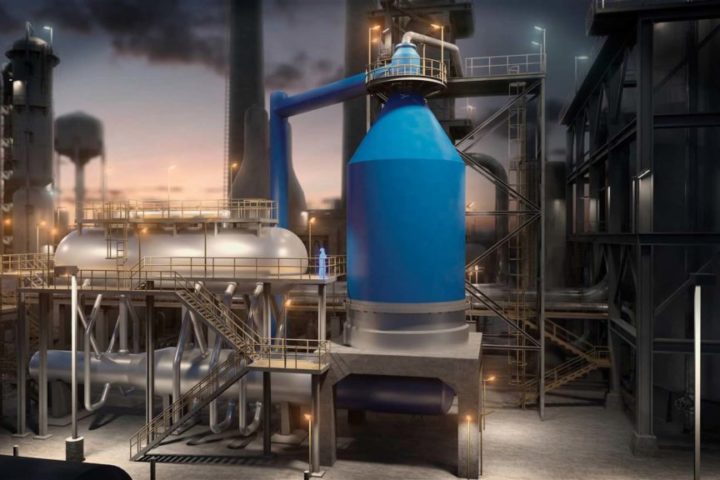
The abundant resources of natural gas, including its unconventional resources such as
shale gas and gas hydrates, allow considering them as the long-term basis of the world’s energy.
But with all the obvious advantages, natural gas is not a very convenient
For the purpose of rational use of gas by consumers and for the uninterrupted operation
of the utility complex in emergency situations on the main gas pipeline and in case of cold snaps,
the gas supply projects of enterprises provide for reserve fuel facilities. Legislative changes
have led to a decrease in the efficiency of the reserve fuel economy and reserves of reserve fuel
in organizations with sources of thermal energy. In the event of accidents on the gas pipeline,
the risks of stopping the functioning of organizations, negative social consequences, economic
damage in production with a continuous cycle increase. Measures to improve the efficiency of
the reserve fuel economy institute include legislative changes, building a system of interaction
between regional executive authorities, organizations controlled by PJSC Gazprom, government
organizations subordinate to the Ministry of Energy of the Russian Federation.
FIRST PERSON
more »
The sanctions imposed by the USA and other developed countries have confronted Russia with the fact that the critical areas of the economy, such as the oil and gas industry, require complete self-sufficiency and independence. The total amount of the government support in solution of the Russian oil-and-gas machine building development tasks until 2024 will be more than 30 billion rubles. As a result, Russia shall develop its own technologies
More
in the contemporary world, the trends for extension of the alternative energy sources get significant widespread use. In this segment, the hydrogen plays the most important part. As an energy carrier, this chemical element has been known to the world for more than one and a half centuries. However, its specific physical and chemical properties and its high-cost production did not allow the hydrogen for gaining wide use in the
More



